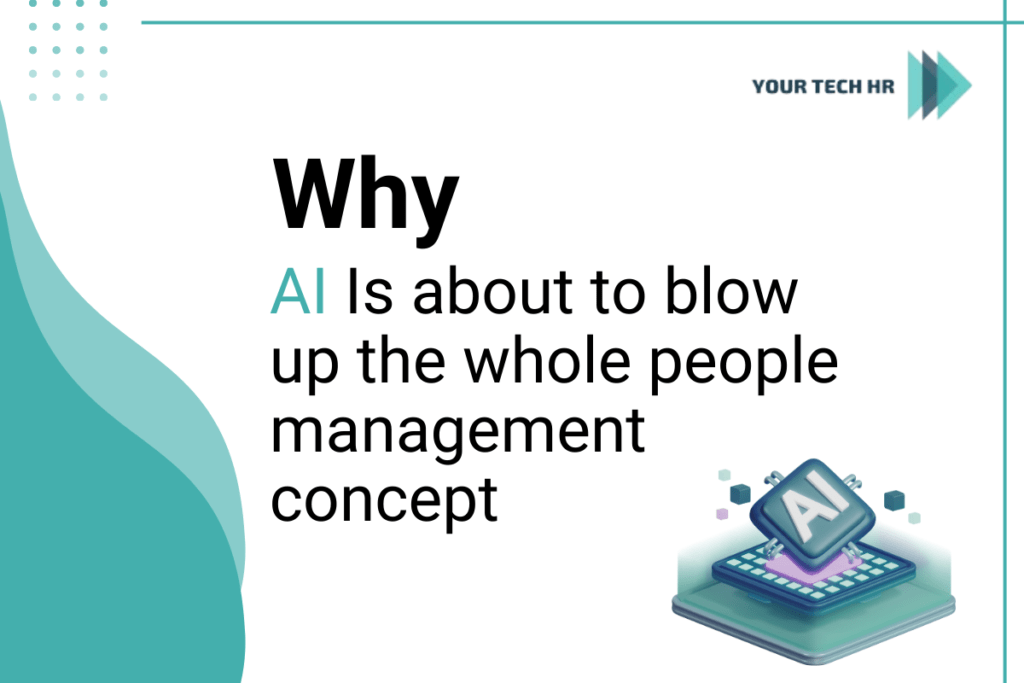Global HR Analyst Josh Bersin Explains How AI Platforms for Talent Are Revolutionizing the $200 Billion HR Technology Market.
In just ten years, 45% of CEOs predict their companies will drastically change. The younger, more demanding labor market leads to high-stakes competition for skills. 98% of Indian employers prioritize candidates with future-ready capabilities. To survive and succeed, Indian businesses must quickly adapt to their competitors while ensuring they have the necessary skills.
AI has been integrated into talent management since 2010, with the introduction of AI-driven talent intelligence platforms. These platforms use sophisticated AI models to assess candidates’ skills, industry experience, and potential fit for roles. Vendors like Eightfold AI, Beamery, and Textio have developed systems that automate and enhance recruitment processes through intelligent data insights. Eightfold AI uses various AI models to help companies identify talent, source candidates, and match job seekers with opportunities, while Textio provides real-time feedback on job descriptions to mitigate bias and improve the inclusivity and effectiveness of job postings.
Beyond Recruitment: A New Architecture for HR Technology
AI talent intelligence platforms are transforming the HR technology market by providing comprehensive solutions for managing human capital. They generate extensive skills data, enabling HR challenges such as career development and internal talent management. Companies like Coca-Cola and Novartis have used these platforms to create innovative internal systems, streamlining talent management and internal mobility. Coca-Cola’s Eightfold AI system has built a comprehensive corporate career system, while Novartis’s partnership with Gloat has revolutionized its internal talent marketplace.
The Future of AI-Driven People Management
AI talent intelligence is revolutionizing HR by addressing fundamental challenges through a unified, data-driven approach. This system enables the management of traditional HR functions like recruiting, learning, development, and rewards. Key areas of impact include skills-based HR practices, employee development programs, internal mobility, strategic workforce planning, pay equity, future leader development, and data-driven organizational restructuring. AI talent intelligence enables personalized and engaging development opportunities, job sharing, freelance work, and training, alongside strategic workforce planning and competitive analysis.
With the rapid deployment of AI platforms across industries, the role of HR is set to undergo a profound transformation. Organizations that harness the power of enterprise-scale talent intelligence gain a competitive edge, driving innovation and efficiency in managing their workforce.
As the landscape of people management continues to evolve, staying ahead of these trends is crucial.
For more groundbreaking insights and updates on AI’s impact on HR, follow YourTechHR.


